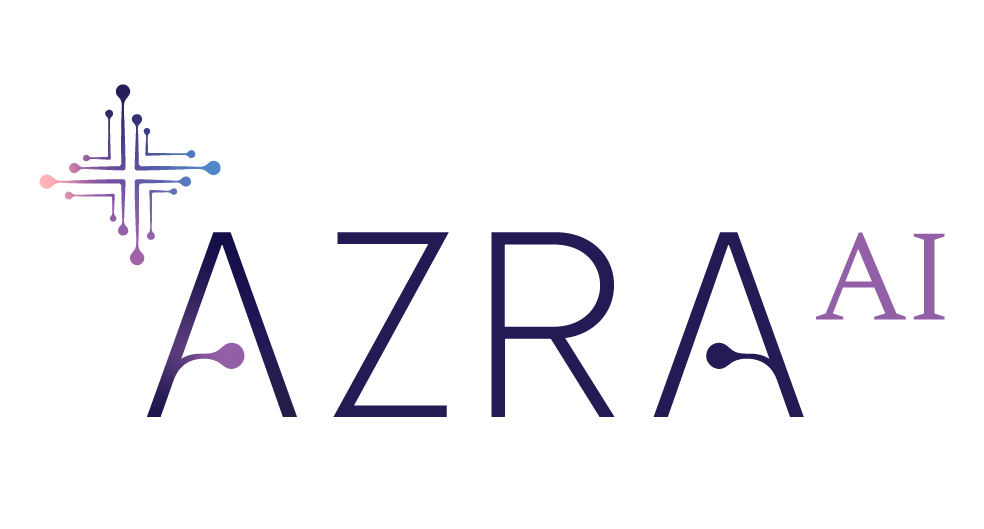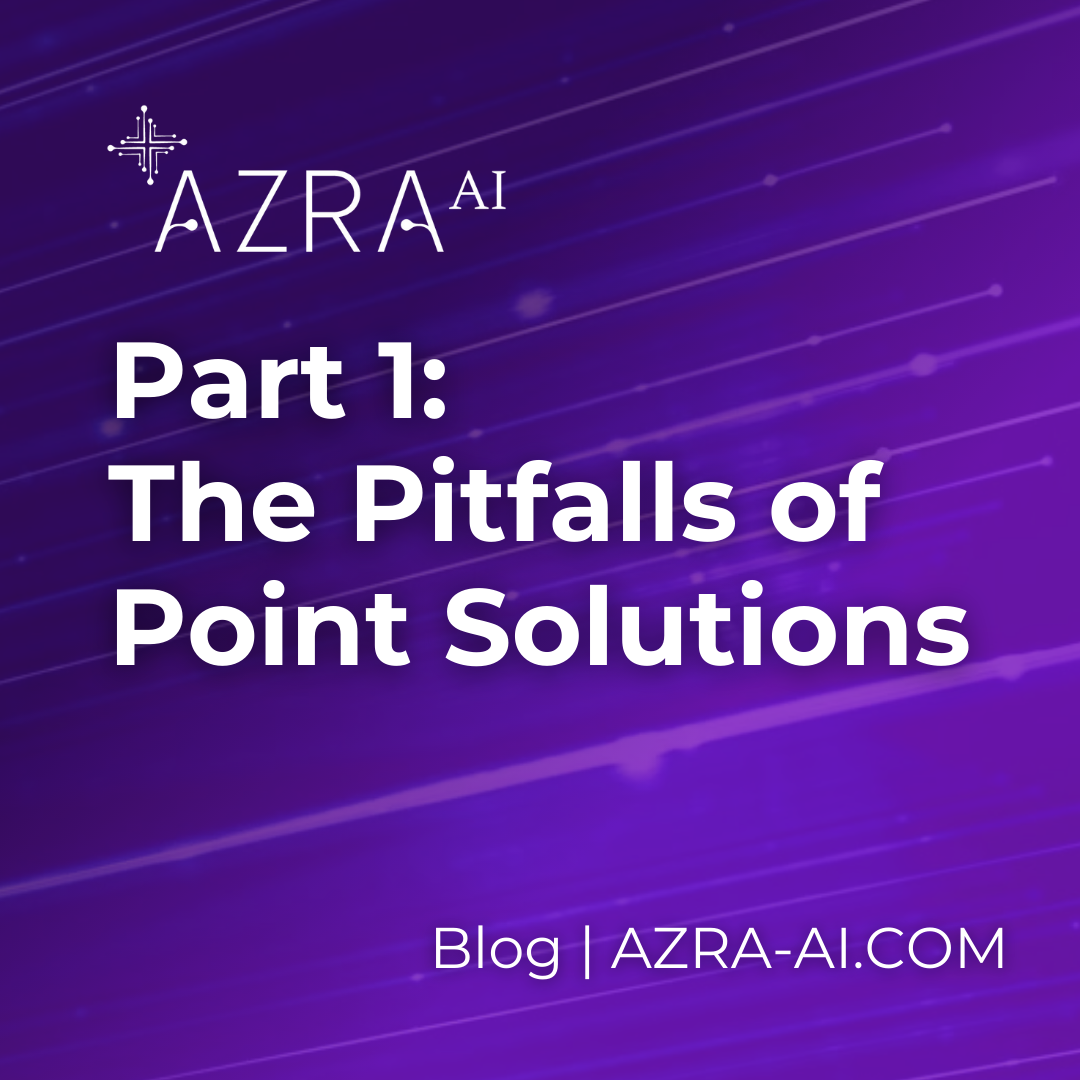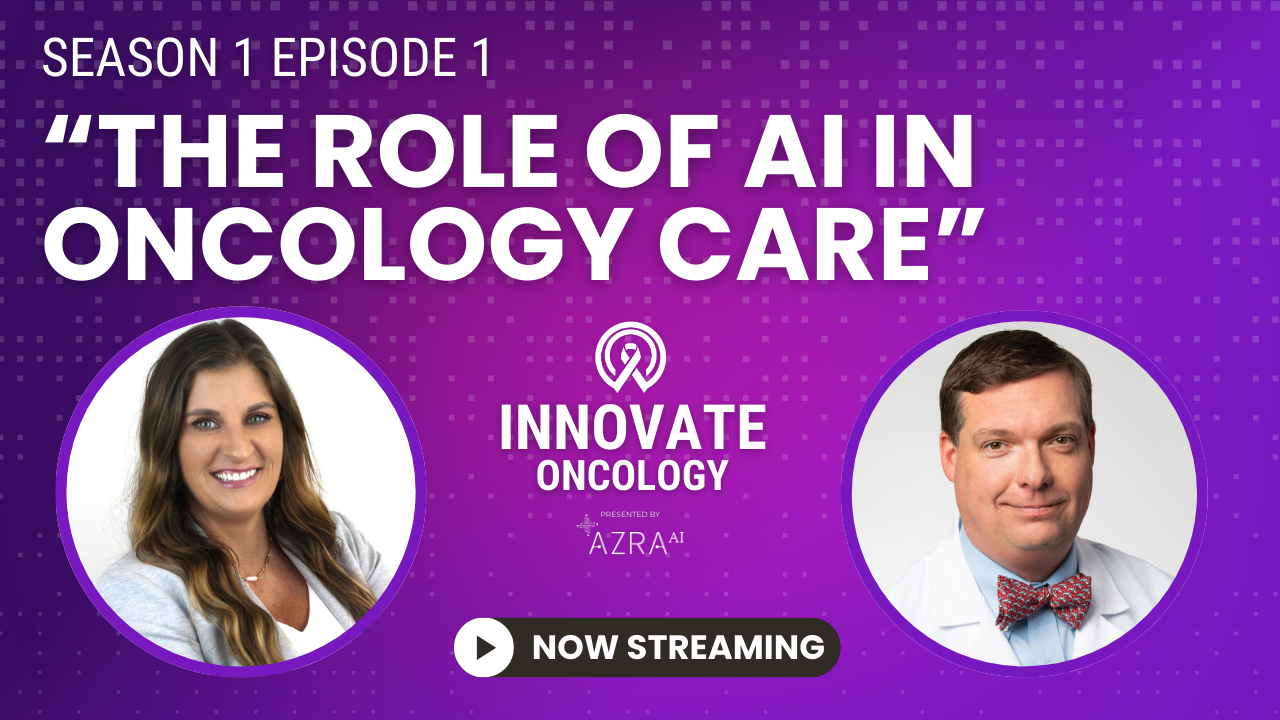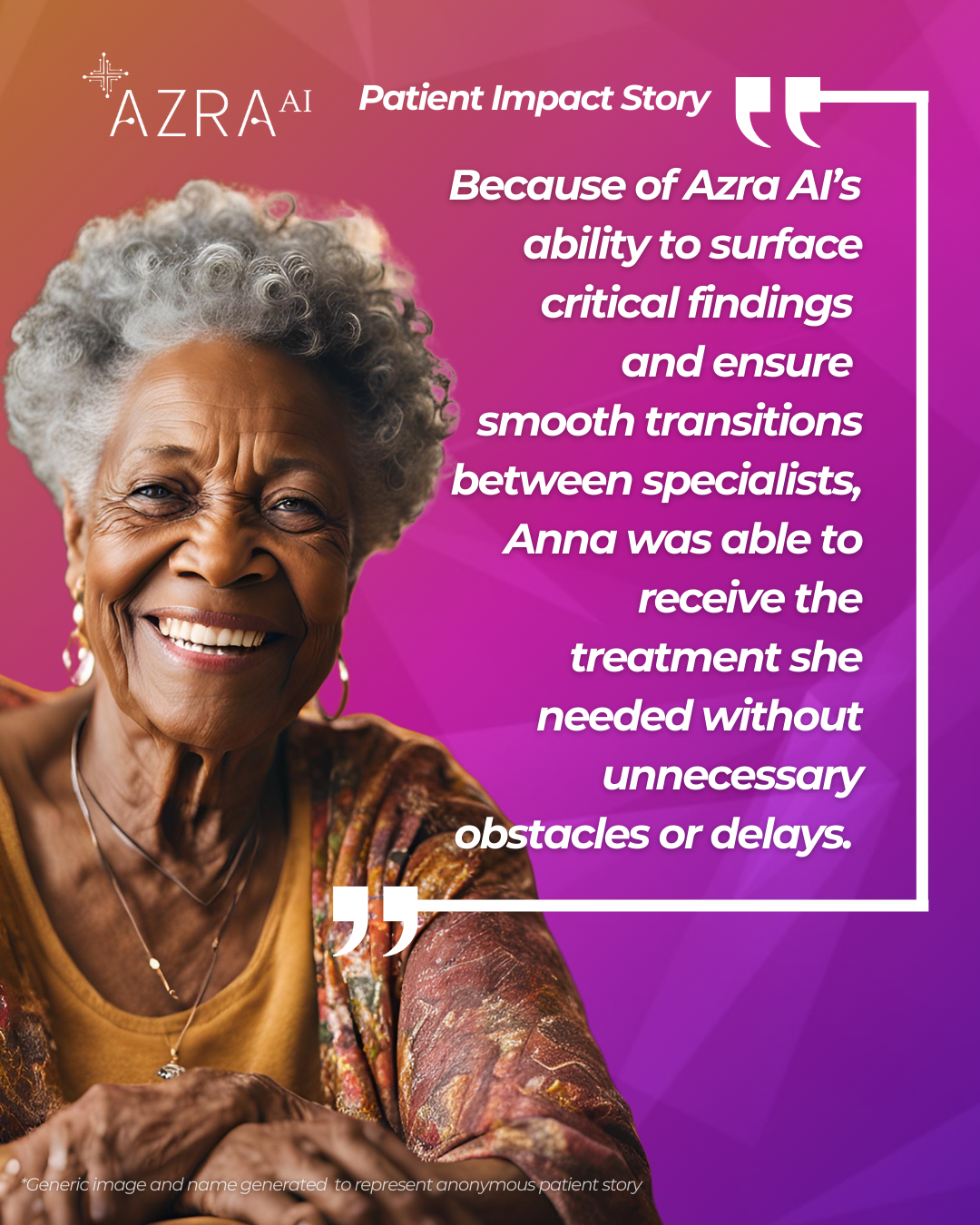In oncology, the ability to make informed, data-driven decisions is more critical than ever. The growing complexity of cancer care demands solutions that streamline workflows, enhance efficiency, and deliver real-time insights to improve patient outcomes. Yet, many oncology service lines are still piecing together point solutions to meet their technology needs.
While point solutions may appear to address specific problems, they often create more long-term issues. When multiple disconnected systems are used to manage various aspects of oncology care—such as patient identification, treatment tracking, analytics, and registry management—the result is a tangled web of tools that fail to work together. Today, let’s explore how oncology service lines can stop chasing data through fragmented solutions.
The Pitfalls of Point Solutions
When you adopt point solutions for different parts of the cancer care journey, it may seem like you’re solving a specific pain point, but what you’re really doing is adding complexity to your system. Each solution comes with its own setup, user interface, data structures, and support systems. This creates critical challenges:
Increased Complexity and Higher Costs
Every new tool introduces a layer of complexity. Separate software solutions mean separate implementations, different workflows, and disjointed user experiences for your team. Additionally, managing multiple vendors increases costs—not just the initial investment, but also ongoing maintenance, licensing fees, and support contracts.
Longer Implementation Times
The more solutions you add, the longer it takes to implement them. Each point solution has its own deployment process, training requirements, and learning curve for staff. This slows down your ability to roll out new technologies and delays the impact they could be having on your operations and patient care.
Data fragmentation and inconsistency
Data fragmentation poses significant challenges to optimizing workflows and enhancing patient care. Relying on multiple point solutions often results in isolated data silos and incomplete analytics, which obscure the full picture of a patient’s journey from diagnosis to survivorship. Without a unified platform, it becomes difficult to analyze real-time, comprehensive data, leading to inefficiencies in care coordination and operational management. This lack of cohesive data integration hinders actionable insights and makes it challenging to improve care delivery and streamline oncology operations.
Operational Inefficiency
The lack of a comprehensive technology strategy leads to operational inefficiencies. Oncology service lines must manage and reconcile data from different systems, each with its own workflows and reporting mechanisms. This drains valuable resources and time from your team, reducing their ability to focus on what matters most—providing care to patients.
Check out the second part to this two-part series, “Why End-to-End Platforms Are the Future of Cancer Care” as we look at how oncology service lines can win together by integrating in a comprehensive, end-to-end platform!
Stop piecing together point solutions and learn how Azra AI’s end-to-end platform can help enhance your oncology service line! Schedule a time to talk with our team today!




